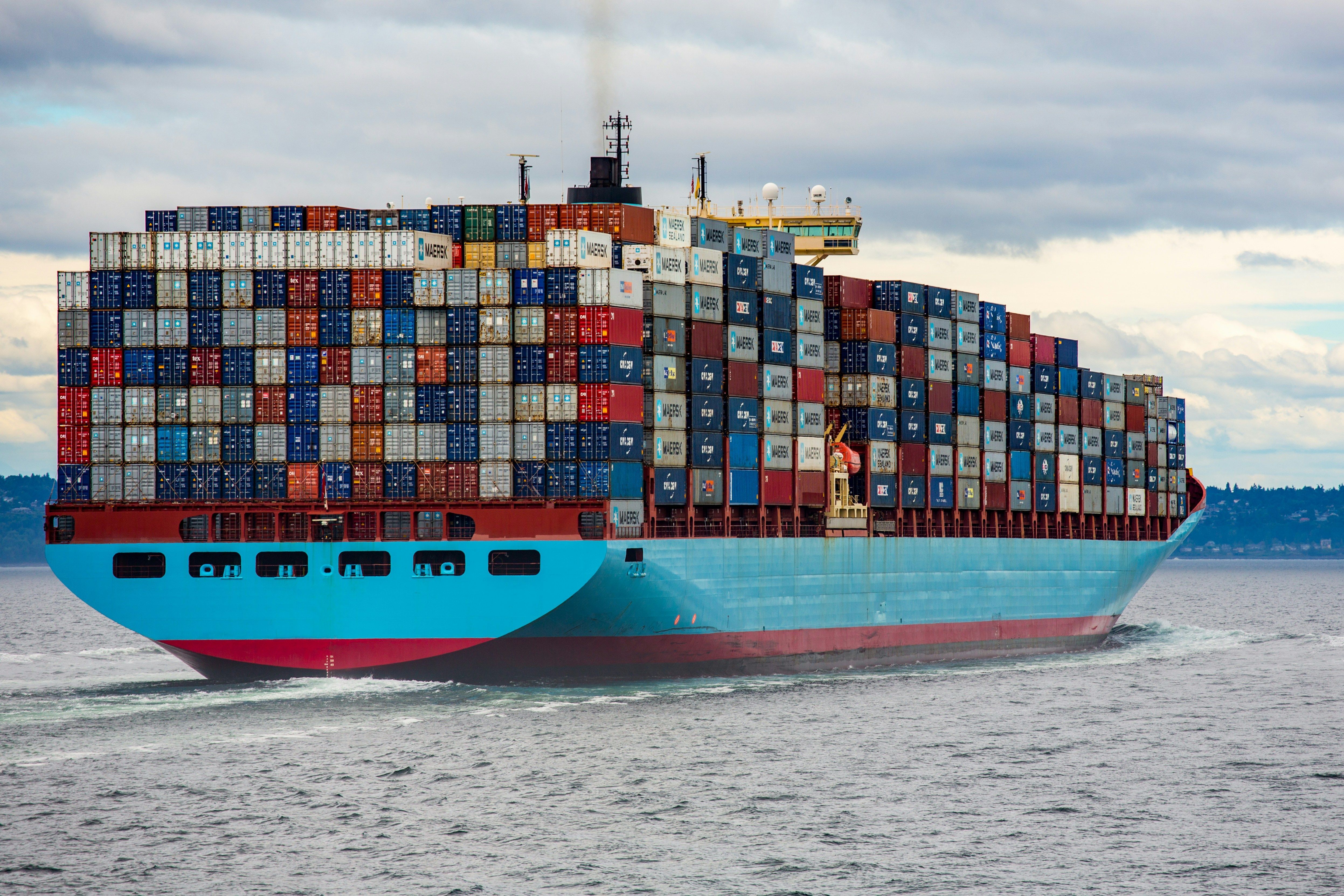
The Ripple Effects of Trade Wars on Cryptocurrencies
In recent times, Bitcoin (BTC) fell significantly over the weekend, dropping well under $100K in response to intensifying trade disputes in the U.S. The market’s downturn represents one of the largest sell-offs since the impact of COVID-19 and the collapse of the FTX exchange. A major reason for this decline was President Trump’s announcement of new tariffs: a sweeping 25% on imports from Canada and Mexico, and 10% on goods from China.
Impact on Canada and Mexico: While Canada and Mexico initially retaliated, they have since negotiated to postpone the U.S. tariffs. Conversely, China has initiated its own tariffs against U.S. products, prompting an increase in global economic uncertainty and a considerable drop in risk assets.
Could Trade Wars Boost Decentralized Finance (DeFi)?
As traditional economies grapple with trade disputes, cryptocurrency markets will experience varying degrees of price instability, mining interruptions, and regulatory hurdles. However, such tensions could also catalyze the rise of DeFi platforms.
BTC’s Response to Tariff Announcements
The tariff decisions have traditionally led to uncertainty in traditional markets, often steering investors toward alternative assets like Bitcoin and Ethereum. Cryptocurrencies are occasionally viewed as safe havens akin to gold during such economic instability.
The Volatility’s Dual Role
Tariff disputes lead to increased market volatility that can temporarily harm crypto, but they also highlight crypto’s potential as a resilience tool against conventional financial systems.
Mining and Regulatory Impact
Potential tariffs on equipment and resources essential to crypto mining could inflate production costs and reduce profits, diminishing the market’s accessibility and leading to greater consolidation of mining power.
Navigating Towards DeFi
Amid rising trade conflicts and regulatory pressures, decentralized finance may provide pathways for users seeking financial independence away from traditional banking. With trust in traditional financial systems waning, more individuals could favor DeFi solutions over conventional banking channels.
Conclusion
Despite being seen as a protective measure in times of economic instability, cryptocurrencies are still vulnerable to tariff wars. However, the ongoing conflicts may ultimately steer the digital economy towards more decentralized frameworks. As global trade dynamics continue to evolve, stakeholders should remain vigilant and adaptive to these changes in the market landscape.


